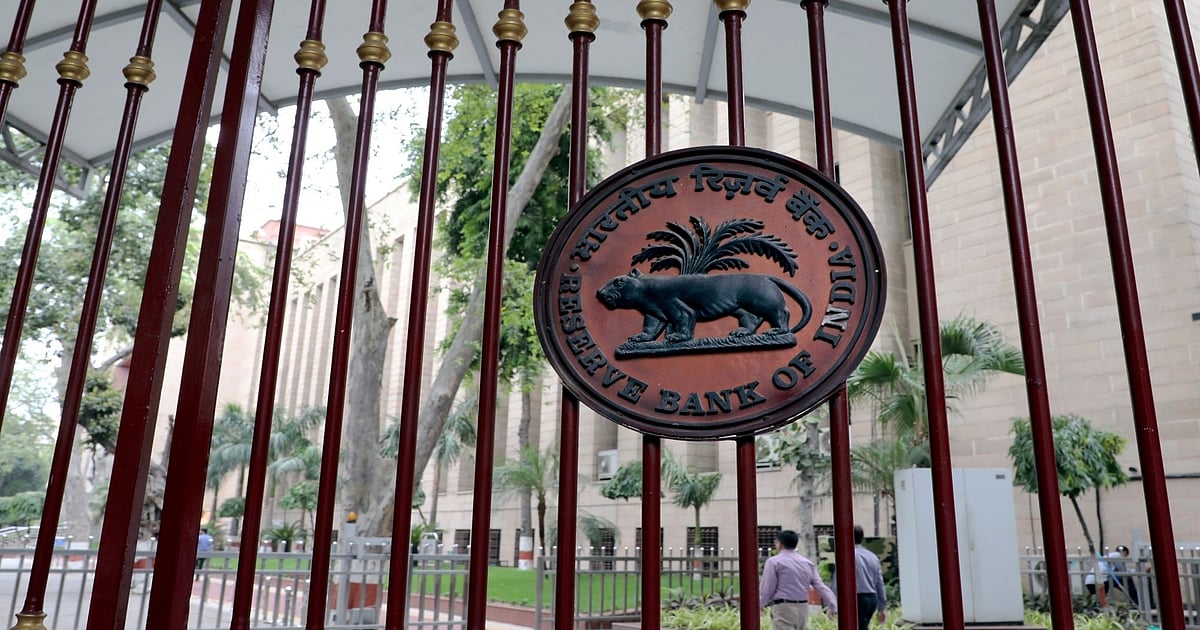The american economy is supposed to be slowing down by now, and that is supposed to be translating into a weaker labour market. But according to figures released on October 6th, the country added 336,000 jobs in September, nearly twice as many as forecast and the most since January (see chart). It is the latest evidence that, despite an aggressive series of interest-rate increases by the Federal Reserve over the past 18 months, American growth remains resilient. Instead of the “hard-landing” forecasts that predicted a recession, and were so common earlier this year, America looks to be heading for something more like a “no-landing” scenario.
Underlying the data release is a vexing question, about whether the labour-market resilience is excessive, and will therefore place upward pressure on inflation. If so, Fed policymakers will be tempted to resume their interest-rate rises before long. In recent weeks financial markets have moved sharply to price in the possibility that rates will remain elevated for an extended period—or, to use the terminology now favoured, stay “higher for longer”—owing to the Fed’s protracted fight against inflation. Yields on long-term Treasury bonds have soared since August to around 4.8%, their highest in more than 15 years, which represents a swift tightening of financial conditions.
Initial reactions to the strong jobs data fell into the good-news-is-bad-news mould. In the minutes after the release, yields on Treasuries jumped yet higher, reflecting bets that the Fed may raise rates again as soon as its next meeting, scheduled for the end of this month. That, in turn, weighed on stockmarkets globally.
However, as analysts and investors digested the numbers, worries about the outlook for rates gave way to optimism about the broader economy, because the employment report also offered pretty positive signals about inflation. Average hourly earnings—a proxy for wage growth—were up 0.2% month-on-month in September, the slowest monthly rise since early 2022. In year-on-year terms, earnings growth of 4.2% dipped to its weakest since mid-2021. Alongside a recent deceleration in inflation, an ebbing of wage pressures will reassure the Fed that prices are trending in the desired direction.
A separate batch of labour-market data published at the same time—based on a survey of households rather than businesses—also painted a more restrained picture. It showed that just 86,000 jobs were added last month. With 90,000 people entering the workforce at the same time, the unemployment rate remained perfectly steady at 3.8%, which is low by historical standards but a touch higher than a few months ago. All this suggests that the labour market has gone from being ultra-tight to just moderately tight. Viewed in such a light, America’s economic resilience would appear to be impressive, not excessive. ■








































